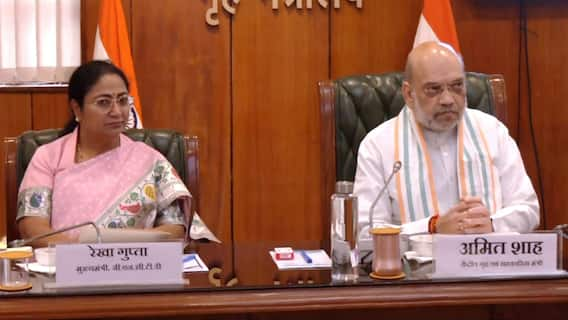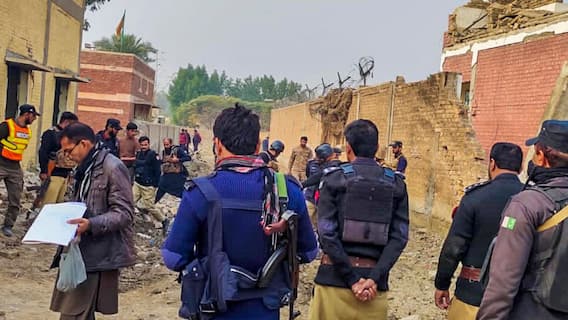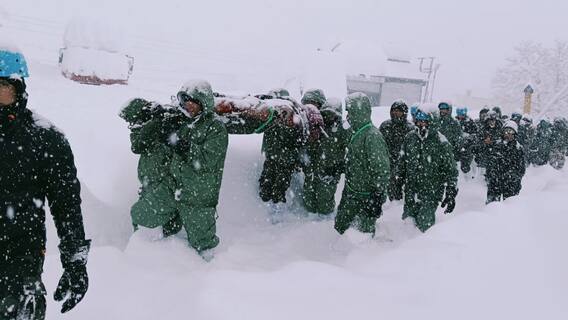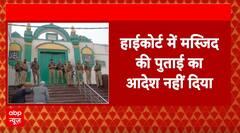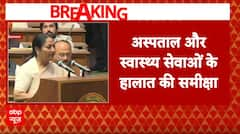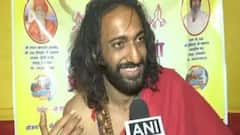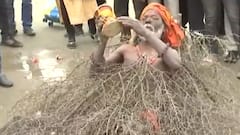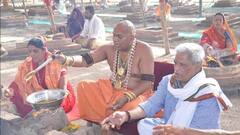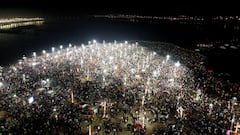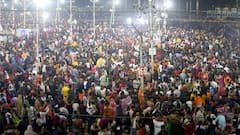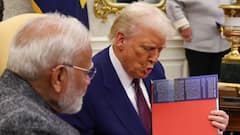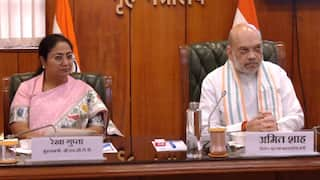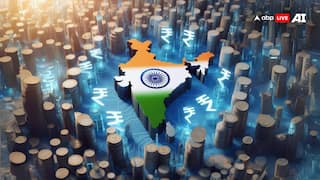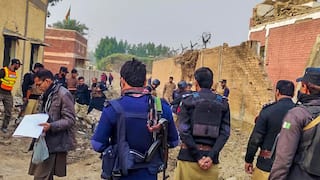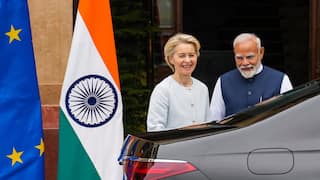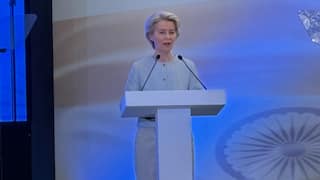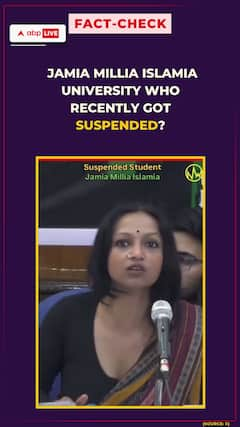6472 Sittings, 3920 Bills, 220 Sessions: 70-Year Report Card Of Old Parliament Building
Prime Minister Narendra Modi on Sunday dedicated the new Parliament building to the nation. With a long history held within its boundaries, here’s how 70 years passed in the old Sansad Bhawan.

New Delhi: India now has a new Parliament building, which has been inaugurated by Prime Minister Narendra Modi. With better facilities and space, the Parliament building promises to serve the needs of present times and the days to come. The images of the new complex built in record time are already out, and with a bitter controversy raging on even before the inauguration, it will be interesting to see how both Houses function amid this on the new premises.
It is a good time to look back at the history that the old Parliament building housed for people to remember and learn from. On May 13 this year, Parliament completed 70 years of its sitting. The first time the Parliament sat was on May 13, 1952. So much has changed since then and the walls, pillars and air of old Sansad Bhawan are witness to many milestones in the political history of the country.
From the first sitting on May 13, 1952, to the 17th Lok Sabha (May 2019-May 2023), the Parliament building has had as many as 6,472 sittings during which around 3,920 bills were passed. Both Houses sat for around 220 sessions (till April 2023). The Lok Sabha had approximately 6,396 sittings whereas the Rajya Sabha has had around 5,500 sittings until April 2023, according to data from the Statistical Handbook 2021, Ministry of Parliamentary Affairs, and PRS Legislative Research.
During these 70 years, Parliament made 127 Constitution Amendments, the latest being in 2021.
Also, according to the think tank PRS Legislative Research, the 17th Lok Sabha may turn out to be the shortest full-term Lok Sabha since 1952. Entering the final year of its term, the 17th Lok Sabha has functioned for 230 sitting days so far. Of all the Lok Sabhas that completed the full five-year term, the 16th Lok Sabha had the lowest number of sitting days (331) prior to this. With one more year remaining in the term, and 58 average sitting days a year, the 17th Lok Sabha is unlikely to sit for more than 331 days. This could make it the shortest full-term Lok Sabha since 1952.
Parliament witnessed the reign of 14 Prime Ministers in this tenure and 23 Leaders of the House in Rajya Sabha.
According to an official release from the Vice President's Secretariat in 2019, the House had 3,817 bills till the end of its 249th session. Of these, 60 had lapsed due to the dissolution of the Lok Sabha at various points of time while 63 bills were deemed to have been passed by the Upper House, while two bills cleared by it are still to be taken up in the Lok Sabha. In effect, a total of 3,818 Acts of Parliament have been made since the first general elections in 1952 till the end of the 249th Session of House.
Private Members' Bills And Their Poor Track Record
“Private member” refers to any Parliament member that includes both the ruling dispensation, who is not a minister, and the opposition. Bills introduced in either House by such members are called “private members’ bills”. However, bills introduced by Union ministers are “government bills” and are supported by the government.
Since 1952, Parliament has enacted only 14 bills as Act, of which the last one was given assent on August 9, 1970. It was The Supreme Court (Enlargement of Criminal Appellate Jurisdiction) Bill, 1968, which was introduced by Anand Narian Mullah.
However, Rajya Sabha did pass The Rights of Transgender Persons Bill, 2014 which was introduced by Tiruchi Siva on April 24, 2015. But it lapsed due to the dissolution of the 16th Lok Sabha in 2019.
Changes Since 1952
Decline In Trust Votes
According to PRS Legislative Research, the first No Confidence Motion was moved in 1963. To date, 39 trust votes (includes No Confidence Motions and Confidence Motions) have been moved in Lok Sabha. Of these, there have been five instances (1979, 90, 96, 97, and 99) where the Prime Minister was not able to prove a majority on the floor of the House.
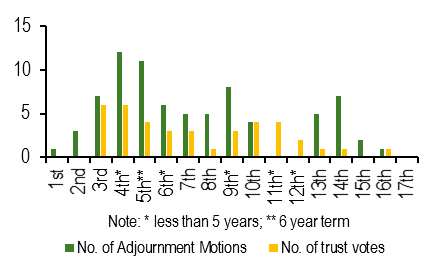
The number of such motions has decreased after the 5th Lok Sabha. In the 17th LS no adjournment motion has been taken up so far.
Fewer Younger MPs, Slow Groth In Number Of Women MPs
The share of MPs in the 25-40 age bracket has gradually declined since 1952, when Parliament commenced for the first time. As per PRS data, from 26 per cent of younger MPs in the first Lok Sabha, the numbers fell down to 12 per cent in the 17th Lok Sabha.
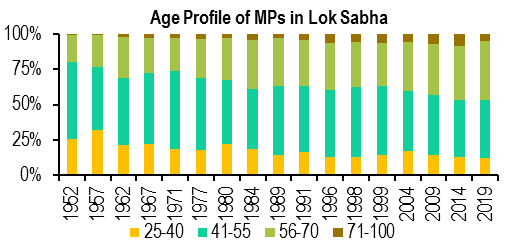
On the other hand, the number of women MPs has increased but the speed has not been very positive. At present, 15 per cent of MPs in Lok Sabha and 12 per cent MPs in Rajya Sabha are women. However, representation of women in Parliament is low when compared to other countries such as the UK, where the House of Commons has 35 per cent women and the House of Lords has 29 per cent. In Canada, the Lower House has 31 per cent women MPs and Upper House has 49 per cent, and South Africa where the Lower House has 47 per cent women MPs in the Lower House and Upper House has 37 per cent.
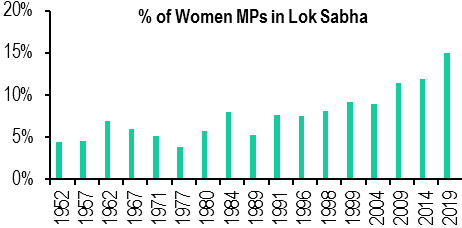
Highly Educated MPs
In the first Lok Sabha, around 58 per cent of MPs had at least an undergraduate degree, which increased to about 80 per cent in the 13th Lok Sabha, after which it has declined marginally.
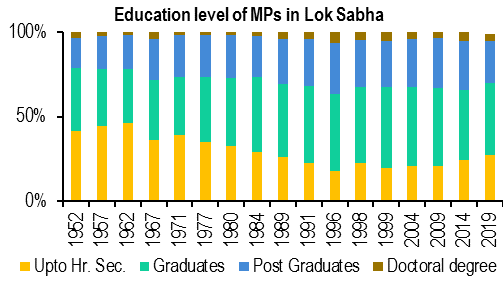
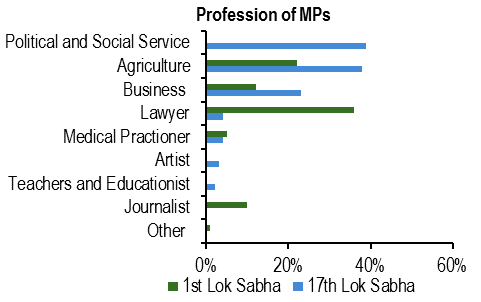
PRS report says that in 1952, the most common profession of MPs was lawyer (32 per cent), which has come down over the years (only 4 per cent in the 17th LS). Also, now more MPs declare their profession as social and political worker (from none in the first Lok Sabha to 38 per cent in 17th Lok Sabha).
MPs Now Represent More Citizens
The population of India has increased manifolds since 1952. However, the number of seats in Lok Sabha has only increased by 11 per cent from 489 to 543 during the same period. As a result, the number of citizens represented by an MP has substantially increased from about eight lakh in 1952 to about 25 lakh in 2019.
Lesser Sitting, Fewer Bills And Lesser Work
With each passing year, the Parliament has witnessed more ruckus resulting in a lesser number of days in business and fewer Bills passing through both Houses.
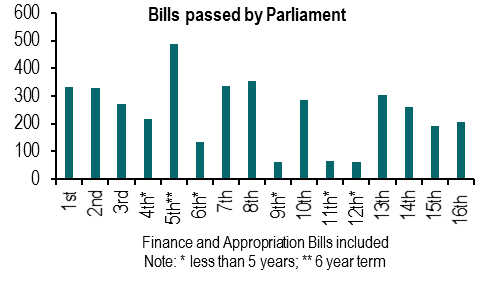
Sitting days in LS have declined from an annual average of 121 days during 1952-70 to 68 days since 2000, a PRS research mentioned.
Similarly, of all Lok Sabhas that have had a five-year term, the maximum number of Bills were passed during the 8th Lok Sabha (355), the least during 15th Lok Sabha (192).
Declining Discussion On Budget In Lok Sabha
Not just 2023, the last several years have also seen similar chaos leading into no discussion on the Budget. Time spent by Lok Sabha on discussing the Union Budget (including ministry-wise allocations) has been declining since the 1990s.
Trending News
Top Headlines









